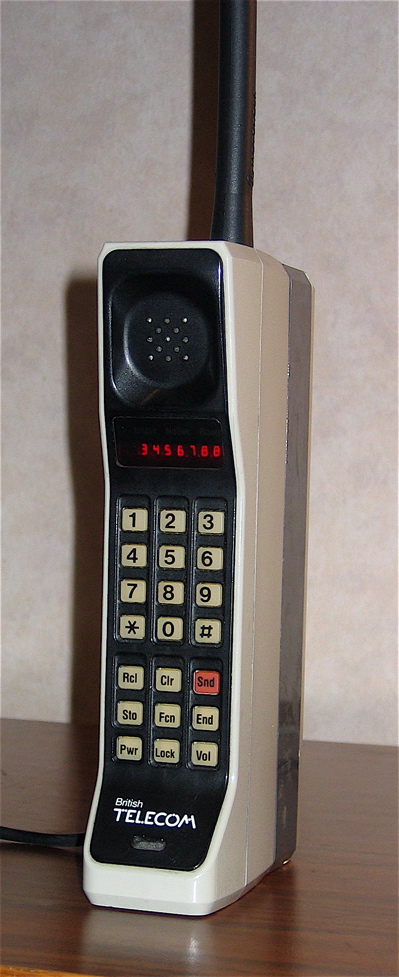New Cell Phones Biography
Source(google.com.pk)
Broader Applications Envisioned to Reduce Environmental Burden and Petroleum Consumption
Tokyo, May 16, 2006 — Fujitsu Limited and Fujitsu Laboratories, Ltd. today announced the development of a new bio-based polymer that retains the heat resistance and moldability of their previously developed bio-based polymer, while improving impact resistance by 50%. Fujitsu has succeeded in developing a prototype mobile phone chassis using the new bio-based polymer, which will be exhibited at Fujitsu Forum 2006 to be held from May 18 to 19 at the Tokyo International Forum.
Background
In recent years, increases in carbon dioxide emissions caused by the use of fossil fuels, such as petroleum and coal, have resulted in a rapid advance in global warming. Hence, there is an urgent call for the reduction of carbon dioxide emissions. This condition has raised interest in the use of bio-based polymers which have a lower environmental burden, as an alternative to conventional plastics made from petroleum, a limited natural resource.
Highlights of the Newly Developed Bio-based Polymer
In collaboration with Toray Industries, Inc., Fujitsu has developed a new bio-based polymer that features high impact resistance, by further refining the microstructure and improving the compatibility (the ease with which materials mix) of polylactic acid(1), made from materials including corn, with polymer alloyed-(2)polycarbonate(3), which has a high glass transition temperature(4). The new bio-based polymer features the same heat resistance, and molding properties of bio-based polymer previously developed by the companies, and with a 50% improvement in impact resistance the plastic can now be applied to various mobile devices.
In addition, Fujitsu succeeded in making a prototype mobile phone chassis composed entirely of the new bio-based polymer. The company plans to use the new plastic in future mobile phone models to reduce the use of petroleum and help alleviate environmental burden.
In June 2002, Fujitsu introduced the world's first notebook PC in which certain parts of the chassis were made from a corn-based bio-based polymer. In January 2005, Fujitsu and Toray combined polymer-alloy technology and flame-retardance technology(5) to develop a bio-based polymer with high heat-resistance, low flammability, and good moldability, which Fujitsu introduced in the world's first notebook PC with a full-size chassis made with bio-based polymer. In Fujitsu's latest notebook model available in Japan, the FMV-BIBLO NB80S, 93% of the entire chassis is made from bio-based polymer.
Fujitsu introduced the use of bio-based polymers as early as 1996 in conveyer trays for LSI devices, and since then has applied it in a variety of products, such as POS terminals, ATMs, document scanners, and the PalmSecure palm vein authentication device. Building on this track record, Fujitsu aims to introduce mobile phones that use bio-based polymer to the market by 2007, while at the same time promoting applications to a variety of other electronic equipment.
Prototype mobile phone chassis made with this bio-based polymer will be on display at Fujitsu Forum 2006 to be held at the Tokyo International Forum from May 18 to 19.
New Cell Phones Biography Phone Wallpapers Icon Backgrounds Cases Wallpapers Hd Logo Call Numbers Booth Symbol Images Phones

New Cell Phones Biography Phone Wallpapers Icon Backgrounds Cases Wallpapers Hd Logo Call Numbers Booth Symbol Images Phones

New Cell Phones Biography Phone Wallpapers Icon Backgrounds Cases Wallpapers Hd Logo Call Numbers Booth Symbol Images Phones

New Cell Phones Biography Phone Wallpapers Icon Backgrounds Cases Wallpapers Hd Logo Call Numbers Booth Symbol Images Phones

New Cell Phones Biography Phone Wallpapers Icon Backgrounds Cases Wallpapers Hd Logo Call Numbers Booth Symbol Images Phones

New Cell Phones Biography Phone Wallpapers Icon Backgrounds Cases Wallpapers Hd Logo Call Numbers Booth Symbol Images Phones

New Cell Phones Biography Phone Wallpapers Icon Backgrounds Cases Wallpapers Hd Logo Call Numbers Booth Symbol Images Phones

New Cell Phones Biography Phone Wallpapers Icon Backgrounds Cases Wallpapers Hd Logo Call Numbers Booth Symbol Images Phones

New Cell Phones Biography Phone Wallpapers Icon Backgrounds Cases Wallpapers Hd Logo Call Numbers Booth Symbol Images Phones

New Cell Phones Biography Phone Wallpapers Icon Backgrounds Cases Wallpapers Hd Logo Call Numbers Booth Symbol Images Phones

No comments:
Post a Comment